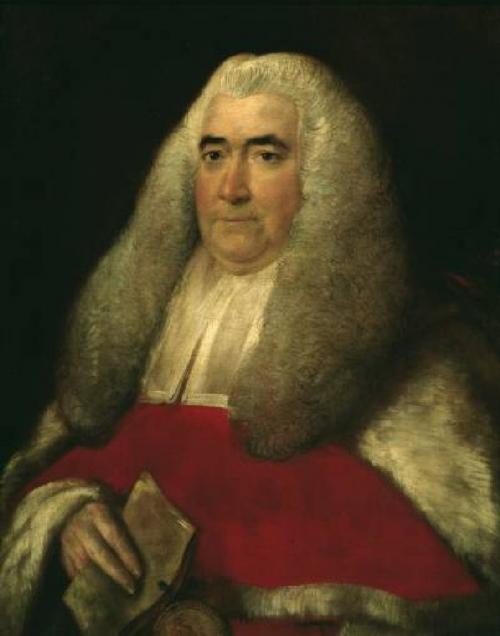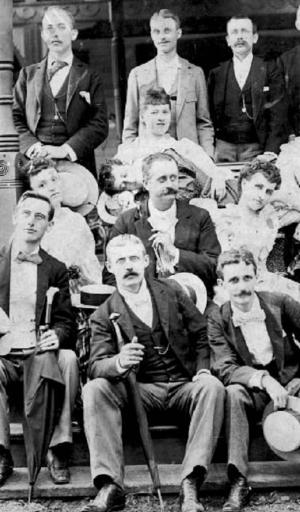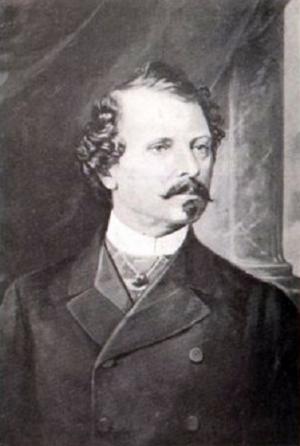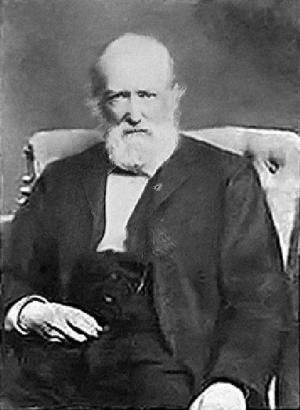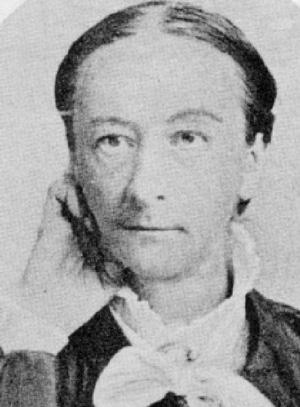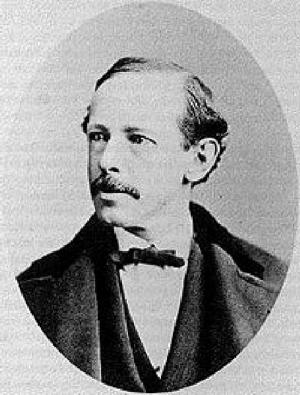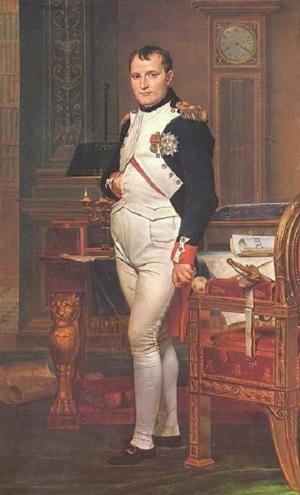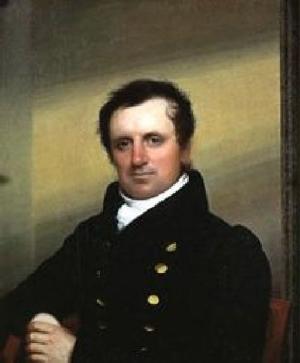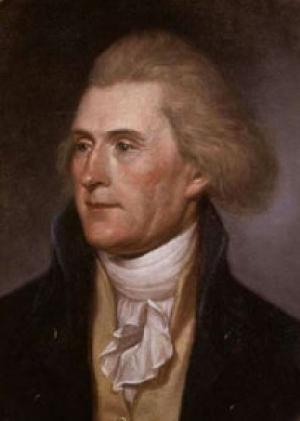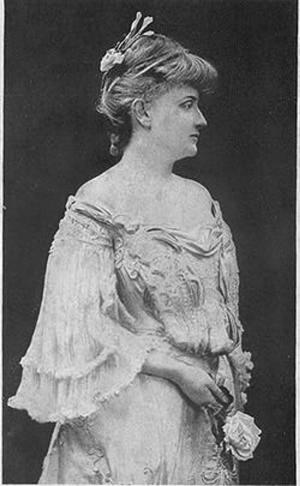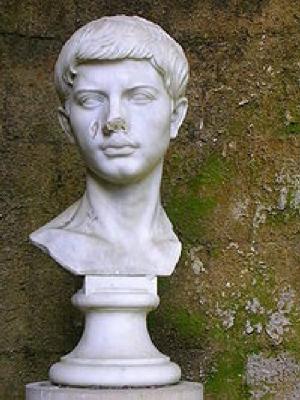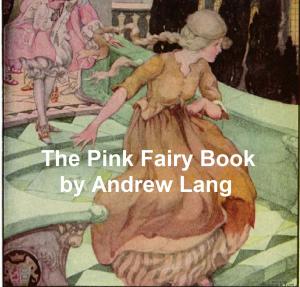| Author: | William Blackstone | ISBN: | 9781455301508 |
| Publisher: | B&R Samizdat Express | Publication: | December 15, 2009 |
| Imprint: | Language: | English |
| Author: | William Blackstone |
| ISBN: | 9781455301508 |
| Publisher: | B&R Samizdat Express |
| Publication: | December 15, 2009 |
| Imprint: | |
| Language: | English |
"The following sheets contain the substance of a course of lectures on the laws of England, which were read by the author in the university of OXFORD. His original plan took it's rise in the year 1753: and, notwithstanding the novelty of such an attempt in this age and country, and the prejudices usually conceived against any innovations in the established mode of education, he had the satisfaction to find (and he acknowleges it with a mixture of pride and gratitude) that his endeavours were encouraged and patronized by those, both in the university and out of it, whose good opinion and esteem he was principally desirous to obtain." According to Wikipedia: "Sir William Blackstone (10 July 1723 14 February 1780) was an English judge, jurist and professor who produced the historical and analytic treatise on the common law entitled Commentaries on the Laws of England, first published in four volumes over 17651769. It had an extraordinary success, reportedly bringing the author £14,000, and still remains an important source on classical views of the common law and its principles... In 1761 Blackstone won election as a Member of Parliament for Hindon and received a patent of precedence at the bar (equivalent to the rank of king's counsel). Blackstone's "political views were those of the Old Whigs and his ideals were those of the Glorious Revolution of 1688". He was knighted in 1770 and appointed a puisne justice of the Court of Common Pleas... The four volumes of the Commentaries, first published between 1765 and 1769 in Oxford and first issued in an American edition in 1771, won instant recognition for their able synthesis of the often bewildering doctrines that made up the common law and for their elegant writing style. Leading American attorneys who first learned their law by reading Blackstone include Alexander Hamilton and Abraham Lincoln. Thomas Jefferson at first admired Blackstone's learning and eloquence, but later denounced his treatise as "honeyed Mansfieldism," a reference to the great conservative English jurist Lord Mansfield. In addition to the Commentaries, Blackstone published the first scholarly edition of Magna Carta and the Charter of the Forest. He also wrote poetry, numerous pamphlets on university and national politics, two architectural manuscripts, and other legal treatises. Blackstone and his work occasionally appear in literature. For example, Blackstone receives mention in Herman Melville's Moby-Dick. A passing reference to the Commentaries is also to be found in Francis Parkman's The Oregon Trail. A bust of Blackstone is a typical ornament of a lawyer's office in early Perry Mason novels, and in Anatomy of a Murder. Blackstone's Commentaries are also mentioned in Charles Portis's comic novel, The Dog of the South. It is also mentioned in Harper Lee's To Kill a Mockingbird as the tool used to teach Calpurnia, a black woman, how to read. Blackstone wrote his books on common law shortly before the United States Constitution was written. Many terms and phrases, particularly the term Pursuit of Happiness, used by the framers were derived from Blackstone's works. U.S. courts frequently quote Blackstone's Commentaries on the Laws of England as the definitive pre-Revolutionary War source of common law; in particular, the United States Supreme Court quotes from Blackstone's work whenever they wish to engage in historical discussion that goes back to the era of the nation's founding, to illuminate the legal and intellectual culture that helped to shape the intent of the Framers of the Constitution). His work has been used most forcefully as of late by Justice Clarence Thomas. U.S. and other common law courts mention with strong approval Blackstone's formulation also known as Blackstone's ratio popularly stated as "Better that ten guilty persons escape than that one innocent suffer" — although he did not first express the principle."
"The following sheets contain the substance of a course of lectures on the laws of England, which were read by the author in the university of OXFORD. His original plan took it's rise in the year 1753: and, notwithstanding the novelty of such an attempt in this age and country, and the prejudices usually conceived against any innovations in the established mode of education, he had the satisfaction to find (and he acknowleges it with a mixture of pride and gratitude) that his endeavours were encouraged and patronized by those, both in the university and out of it, whose good opinion and esteem he was principally desirous to obtain." According to Wikipedia: "Sir William Blackstone (10 July 1723 14 February 1780) was an English judge, jurist and professor who produced the historical and analytic treatise on the common law entitled Commentaries on the Laws of England, first published in four volumes over 17651769. It had an extraordinary success, reportedly bringing the author £14,000, and still remains an important source on classical views of the common law and its principles... In 1761 Blackstone won election as a Member of Parliament for Hindon and received a patent of precedence at the bar (equivalent to the rank of king's counsel). Blackstone's "political views were those of the Old Whigs and his ideals were those of the Glorious Revolution of 1688". He was knighted in 1770 and appointed a puisne justice of the Court of Common Pleas... The four volumes of the Commentaries, first published between 1765 and 1769 in Oxford and first issued in an American edition in 1771, won instant recognition for their able synthesis of the often bewildering doctrines that made up the common law and for their elegant writing style. Leading American attorneys who first learned their law by reading Blackstone include Alexander Hamilton and Abraham Lincoln. Thomas Jefferson at first admired Blackstone's learning and eloquence, but later denounced his treatise as "honeyed Mansfieldism," a reference to the great conservative English jurist Lord Mansfield. In addition to the Commentaries, Blackstone published the first scholarly edition of Magna Carta and the Charter of the Forest. He also wrote poetry, numerous pamphlets on university and national politics, two architectural manuscripts, and other legal treatises. Blackstone and his work occasionally appear in literature. For example, Blackstone receives mention in Herman Melville's Moby-Dick. A passing reference to the Commentaries is also to be found in Francis Parkman's The Oregon Trail. A bust of Blackstone is a typical ornament of a lawyer's office in early Perry Mason novels, and in Anatomy of a Murder. Blackstone's Commentaries are also mentioned in Charles Portis's comic novel, The Dog of the South. It is also mentioned in Harper Lee's To Kill a Mockingbird as the tool used to teach Calpurnia, a black woman, how to read. Blackstone wrote his books on common law shortly before the United States Constitution was written. Many terms and phrases, particularly the term Pursuit of Happiness, used by the framers were derived from Blackstone's works. U.S. courts frequently quote Blackstone's Commentaries on the Laws of England as the definitive pre-Revolutionary War source of common law; in particular, the United States Supreme Court quotes from Blackstone's work whenever they wish to engage in historical discussion that goes back to the era of the nation's founding, to illuminate the legal and intellectual culture that helped to shape the intent of the Framers of the Constitution). His work has been used most forcefully as of late by Justice Clarence Thomas. U.S. and other common law courts mention with strong approval Blackstone's formulation also known as Blackstone's ratio popularly stated as "Better that ten guilty persons escape than that one innocent suffer" — although he did not first express the principle."
